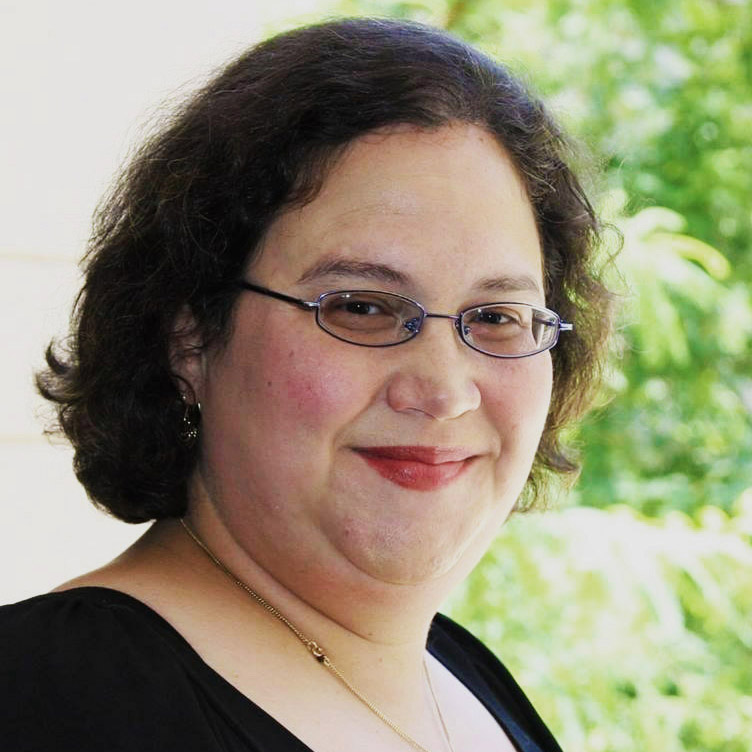
Listen for our “You Tell Me!” questions and for some jokes in one of our concluding segments, called “Philosophunnies.” Reach out to us on Facebook @PhilosophyBakesBread and on Twitter @PhilosophyBB; email us at philosophybakesbread@gmail.com; or call and record a voicemail that we play on the show, at 859.257.1849. Philosophy Bakes Bread is a production of the Society of Philosophers in America (SOPHIA). Check us out online at PhilosophyBakesBread.com and check out SOPHIA at PhilosophersInAmerica.com.
(1 hr 6 mins)
Click here for a list of all the episodes of Philosophy Bakes Bread.
Subscribe to the podcast!
We’re on iTunes and Google Play, and we’ve got a regular RSS feed too!
Notes
- Albert Camus, The Stranger (New York: Vintage Press, 1989).
- Plato, Five Dialogues: Euthyphro, Apology, Crito, Meno, Phaedo (Indianapolis, IN: Hackett Publishing, 2002).
You Tell Me!
For our future “You Tell Me!” segments, Dr. Manninen proposed the following questions in this episode, for which we invite your feedback: “Would people really want to live in a world where we don’t study the humanities anymore? There seems to be a lot of push to getting rid of ‘useless majors’: ‘We don’t need literature’; ‘We don’t need philosophy’; ‘We don’t need to talk about poetry anymore’; ‘We should just do practical things.’ Do you really want to live in a world where Plato is dead, where Shakespeare is dead, where we don’t think about what it means to be a human being anymore? Why or why not?” What do you think?
Let us know! Twitter, Facebook, Email, or by commenting here below!


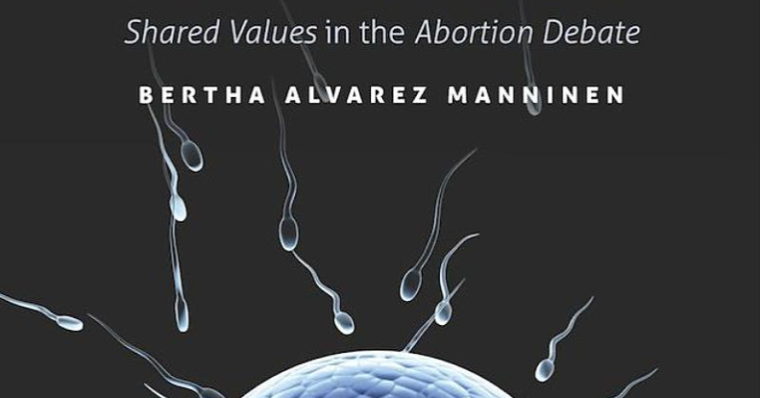



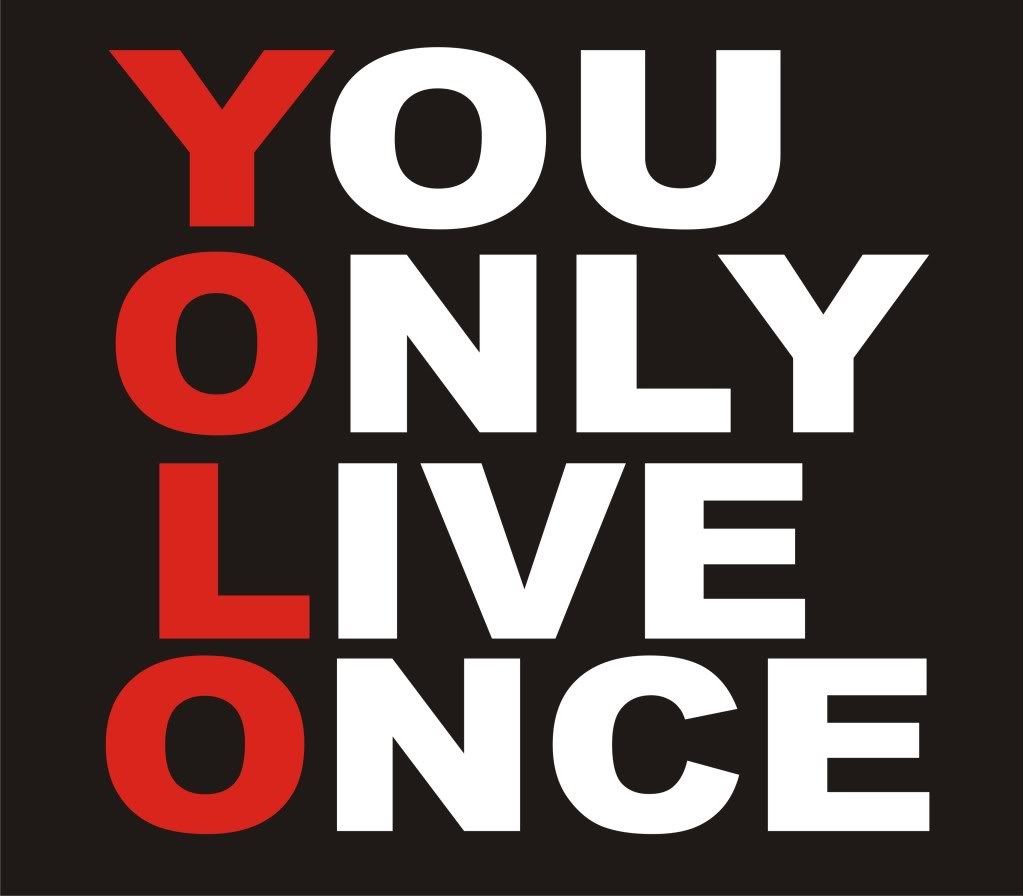
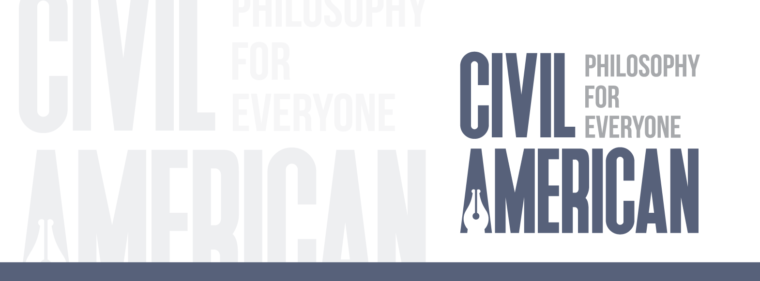


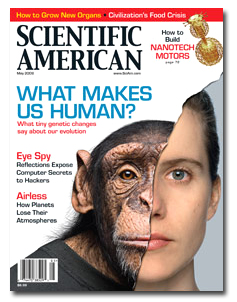
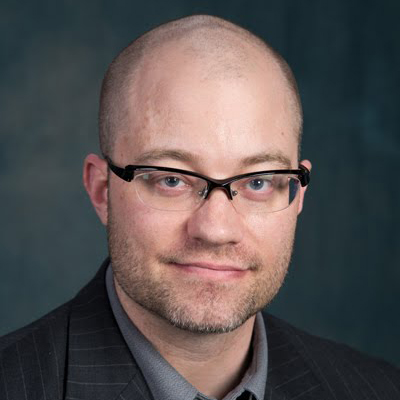

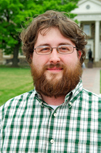
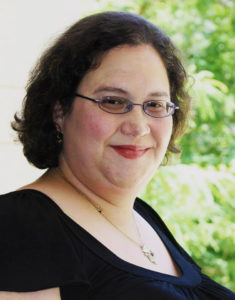
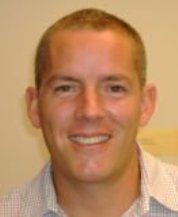
The panel was titled: “The Obligations of Philosophers.”
Also, if you haven’t checked out The Public Philosophy Journal, what are you waiting for? Seriously, they’ve got an awesome logo & they are experimenting with tools and processes that may revolutionize the way scholars review work, publish, and engage the wider public.